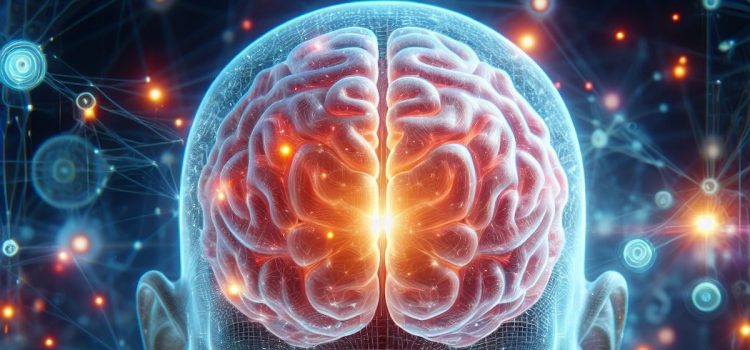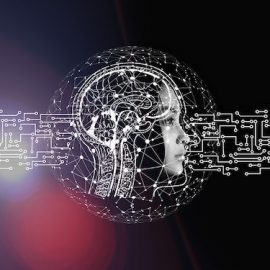

This article is an excerpt from the Shortform book guide to "Change Your Brain, Change Your Life" by Daniel G. Amen. Shortform has the world's best summaries and analyses of books you should be reading.
Like this article? Sign up for a free trial here.
What does the prefrontal cortex do in the brain? How is it connected to your emotions and behaviors?
One of the regions of your brain is your prefrontal cortex. Psychiatrist and brain health expert Daniel G. Amen explains its vital functions in his book Change Your Brain, Change Your Life.
Continue reading to learn what the prefrontal cortex does in the brain.
What the Prefrontal Cortex Does
What does the prefrontal cortex do in the brain? According to Dr. Amen, the prefrontal cortex oversees your executive functions, enabling the modulation of your behaviors and emotions. Examples of this include when you meticulously plan your day, manage your time efficiently, or connect empathetically with a friend. Your prefrontal cortex enables you to behave this way by doing the following:
- Guiding executive functions, behavior, and attention: It directs cognitive processes, such as concentration, decision-making, self-control, coordination, adaptability, time management, critical thinking, communication, and goal-directed attention.
- Regulating emotions and fostering empathy: It enables you to effectively feel and express your emotions and develop empathic connections with others.
| The Prefrontal Cortex In-Depth Specific elements within the prefrontal cortex enable these two key functions. Decoding the role each of these elements plays will shed light on the intricate processes shaping your cognitive processes, emotions, and behaviors. The dorsolateral prefrontal cortex integrates and adjusts task-relevant information from other brain regions, enabling focused attention and informed decision-making in complex tasks. The anterior cingulate cortex rapidly assesses conflicts in information to prompt adjustments in behavior, promoting self-control and adaptability in response to changing cognitive demands. The ventromedial prefrontal cortex interacts with the amygdala and other limbic structures to evaluate the emotional significance of situations. This enhances decision-making, critical thinking, and communication abilities. The mirror neuron system plays a role in empathy by simulating observed emotional experiences, fostering a shared emotional understanding crucial for meaningful social interactions. |

———End of Preview———
Like what you just read? Read the rest of the world's best book summary and analysis of Daniel G. Amen's "Change Your Brain, Change Your Life" at Shortform.
Here's what you'll find in our full Change Your Brain, Change Your Life summary:
- A more effective approach to overcoming physical, mental, and cognitive issues
- The four factors to nurture to improve your brain health
- Why listening to Mozart can enhance your focus and mood control






